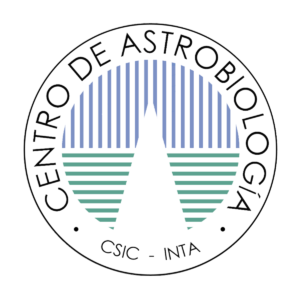Gutiérrez Soto, L. A., Goncalves, D. R., Akras, S., Cortesi, A., López Sanjuan, C., Guerrero, M. A., Daflon, S., Fernandes, M. B., De Oliveira, C. M., Ederoclite, A., Sodre, L., Pereira, C. B. Kanaan, A., Wele, A., Ramio, H. V., Alcainz, J. S., Ángulo, R. E., Cenarro, A. J., Cristobal Hornillos, D., Dupke, R. A., Hernández Monteagudo, C., Marín Franch, A., Moles, M., Varela, J., Ribeiro, T., Schoenell, W., Álvarez Candal, A., Galbany, L., Jiménez Estéban, F. M., Logroño García, R., Sobral, D. (2020). J-PLUS: Tools to identify compact planetary nebulae in the Javalambre and southern photometric local Universe surveys. Astronomy and Astrophysics 633 DOI: 10.1051/0004-6361/201935700
From the approximately 3500 planetary nebulae (PNe) discovered in our Galaxy, only 14 are known to be members of the Galactic halo. Nevertheless, a systematic search for halo PNe has never been performed.
Aims. In this study, we present new photometric diagnostic tools to identify compact PNe in the Galactic halo by making use of the novel 12-filter system projects, Javalambre Photometric Local Universe Survey (J-PLUS) and Southern-Photometric Local Universe Survey (S-PLUS).
Methods. We reconstructed the Isaac Newton Telescope Photometric H alpha Survey of the Northern Galactic Plane diagnostic diagram and propose four new ones using (i) the J-PLUS and S-PLUS synthetic photometry for a grid of photo-ionisation models of halo PNe, (ii) several observed halo PNe, as well as (iii) a number of other emission-line objects that resemble PNe. All colour-colour diagnostic diagrams are validated using two known halo PNe observed by J-PLUS during the scientific verification phase and the first data release (DR1) of S-PLUS and the DR1 of J-PLUS.
Results. By applying our criteria to the DR1s (similar to 1190 deg(2)), we identified one PN candidate. However, optical follow-up spectroscopy proved it to be a HII region belonging to the UGC 5272 galaxy. Here, we also discuss the PN and two HII galaxies recovered by these selection criteria. Finally, the cross-matching with the most updated PNe catalogue (HASH) helped us to highlight the potential of these surveys, since we recover all the known PNe in the observed area.
Conclusions. The tools here proposed to identify PNe and separate them from their emission-line contaminants proved to be very efficient thanks to the combination of many colours, even when applied – like in the present work – to an automatic photometric search that is limited to compact PNe.






